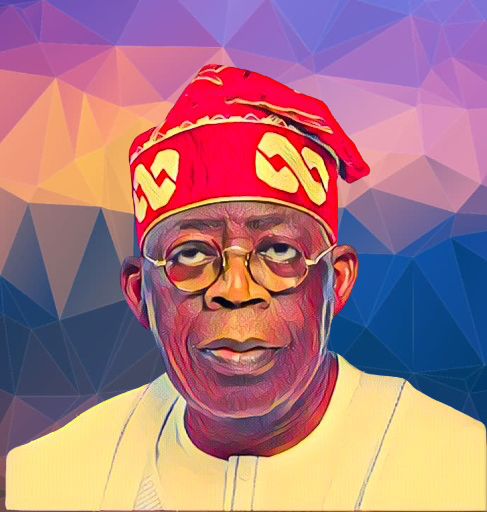Key Points
-
Tinubu’s governance is fair, balancing power across Nigeria’s regions.
-
FG insists reforms and projects are spread evenly across regions.
-
Government strongly defends inclusivity while facing mounting nationwide criticism.
The federal government defended President Bola Tinubu’s record in the face of growing debates about regional representation, saying that his administration has been fair in running Nigeria’s affairs.
Officials in Abuja said that Tinubu’s policy choices and political appointments are fair across Nigeria’s six geopolitical zones. This goes against what the opposition says, which is that some areas have been ignored.
The government made it clear that Tinubu’s plans for national development will reach every community, no matter where they are, what their religion is, or what their ethnicity is.
Tinubu’s rule is fair to all groups
Since he took office in May 2023, Tinubu has had to deal with one of Nigeria’s most complicated political situations. Africa’s most populous country is still very divided along ethnic and religious lines, which affects how people vote and leads to accusations of favoritism in leadership.
Officials say that Tinubu’s government is taking a more inclusive approach, even though previous governments have faced similar criticism. They said that cabinet picks and appointments to federal parastatals were made with care to keep things balanced.
According to a report by Vanguard news, Federal officials used flagship projects as proof of fairness, not just politics. These are the Lagos-Calabar Coastal Highway in the South, improvements to energy distribution in the North, agricultural hubs in the Middle Belt, and new education programs in the East. All of these are meant to make development more even across the country.
The federal government fights back against criticism and tries to balance politics with national growth
The government’s defense comes as Tinubu’s first full year in office comes to an end. This year was marked by major economic changes. The economy was shaken when the government got rid of the fuel subsidy and let the naira float. This caused inflation to rise and made life harder for families. The hardship that people all over the country are going through has led to criticism that the government doesn’t care about regional issues.
Officials say that the changes, even though they are hard, are meant to bring about big, long-term benefits. They said that investment incentives and social safety programs will help make sure that everyone is included. Mohammed Idris, the Minister of Information, said that Tinubu’s fairness was a planned framework. He said, “The president cares about every part of this country.” “Appointments are fair, projects are fair, and chances are fair.”
Analysts say that Tinubu’s approach shows that he knows how fragile Nigeria’s political balance is. Chika Nwosu, an analyst in Lagos, said, “The reforms are hurting, and the legitimacy of his presidency depends on convincing Nigerians that everyone is sharing the burden and will share in the benefits.”
The government also hopes that its message of inclusion will make investors feel more confident. Critics, on the other hand, say that promises of fairness must be backed up by real results. People are still skeptical because inflation is over 30%, unemployment is high, and insecurity is still a problem.
As Tinubu’s presidency goes on, his biggest challenge may be showing that his promises of fairness can lead to real improvements in the lives of Nigerians.



